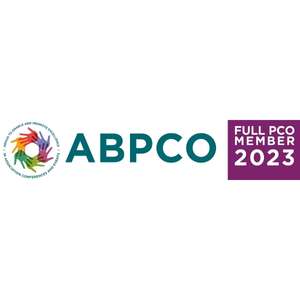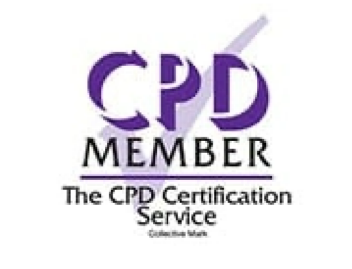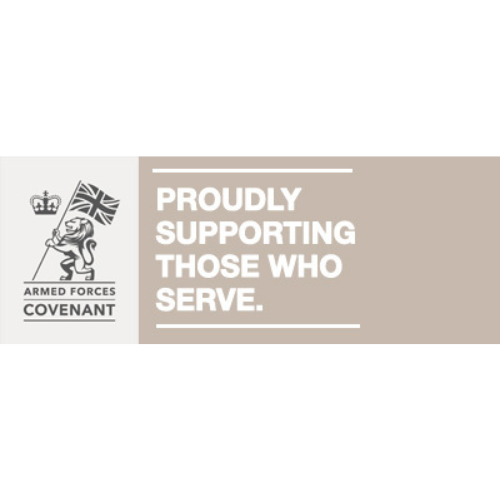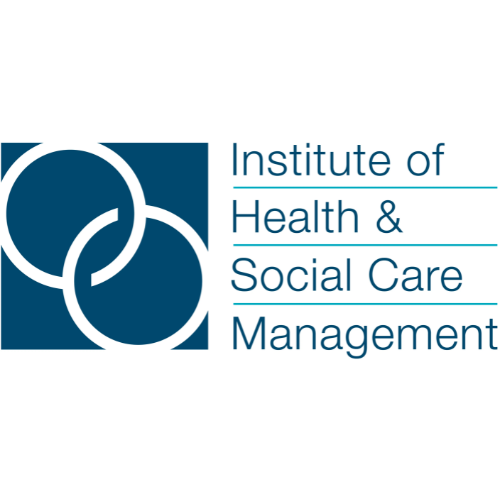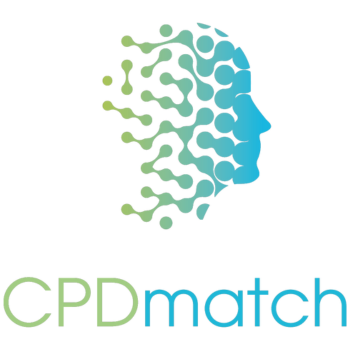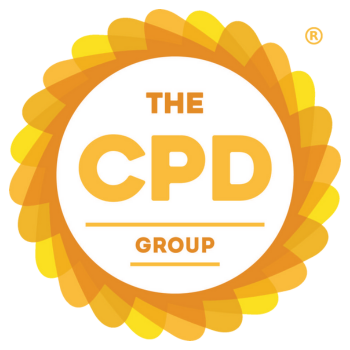The NHS Critical Care Summit: Future-Proofing ICU Conference
May 2021 marked our first NHS ICU conference; we opened the debate on critical care performance and best practices following the Covid-19 outbreak. Over 150 NHS intensive and critical care staff logged in and shared experiences and discussed strategic improvements with some of the sector leading professionals.
Our National Critical Care Conference provides a platform for ICU staff to listen, learn and engage with peers and sector leaders in a safe and secure environment, delegates benefit from live and interactive guest presentations, meet the supplier sessions, Q&A time and much more.
The Covid-19 outbreak has shown many aspects of the health and care system at its best. Health and care workers have responded with outstanding dedication and skill; clinicians and managers have gone above and beyond to rapidly develop new ways of delivering services safely; hospitals have joined forces to offer each other mutual aid and ensure the continued provision of essential services; and in some areas NHS, local government and other local services have worked together like never before to co-ordinate their responses and support communities. The crisis has also undermined public support for the NHS and for care staff. KingsFund
Critical care units have been at the front line in the response to Covid-19 and the NHS has taken unprecedented action to increase critical care capacity to cope with the Covid-19 pandemic. Despite this, the risk of critical care services being overwhelmed remains and has been cited as a major factor behind repeated regional and national lockdowns in England.
Delivering sufficient critical care capacity goes beyond physical infrastructures – such as having more beds and equipment – and requires sufficient numbers of trained and available staff.
NHS staff and services will continue to be tested to their limits over the coming months, this short but high-value session aims to bring peers together from across the UK to share best practices and outcomes.
Research sources: KingsFund, NHSE/I
The NHS Critical Care Summit: Future-Proofing ICU 2021: Learning from Crisis Overview:
92.54% of Delegates would recommend Convenzis to their Colleagues.
94.12% of Delegates rated our speakers as either Good or Excellent.
66% of Attendees were at Senior Management Level or above.
75.53% of Delegates are interested in attending the next event.
42.65% of Delegates have requested a meeting with our sponsors following the Conference.
The NHS Critical Care Summit: Future-Proofing ICU Conference












